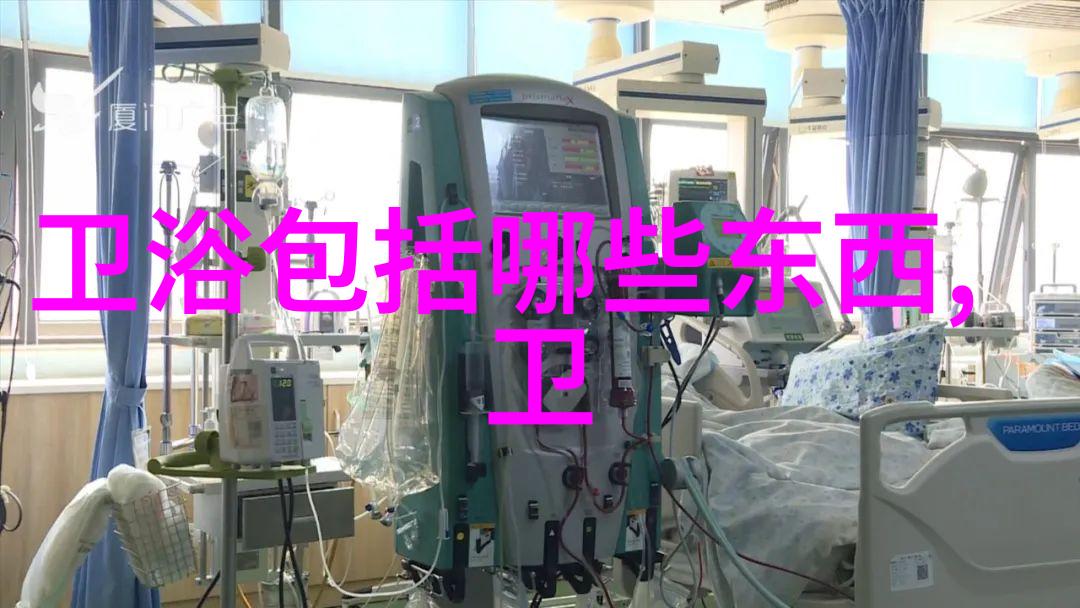在医疗机构中,超纯水(ultrapure water, UPW)是实验室和诊疗过程中的关键物资,它们用于制备药品、洗涤器械、培养基以及其他各种生物学试剂。为了保证这些材料的质量,医院必须配备高效的超纯水设备系统,并对其进行定期维护和管理。然而,对于如何正确地执行这些任务,一些医疗工作者可能感到迷惑。在本文中,我们将探讨医院超纯水设备的维护与管理所需遵守的一系列标准。

1. 维护计划
首先, hospitals must develop a comprehensive maintenance plan for their ultrapure water systems. This plan should include regular inspections and cleaning of all equipment, as well as routine testing of the system's performance parameters, such as conductivity, pH levels, and particulate contamination.

2. 技术培训
Another important aspect is ensuring that hospital staff are properly trained on the operation and maintenance of these systems. This includes understanding how to monitor the system's performance indicators and respond to any issues that may arise during normal operation or in case of emergencies.

3. 记录和报告
Good record-keeping is also essential for maintaining a reliable ultrapure water supply chain in hospitals. All maintenance activities should be documented thoroughly, including dates of equipment inspection or replacement parts installed. Additionally, reports on system performance should be generated regularly to track trends over time.

4. 质量控制
To ensure compliance with regulatory requirements and maintain quality standards in laboratory work processes using super pure water (SPW), it is crucial to establish an internal quality control program within each healthcare institution’s laboratories.

This program involves implementing protocols for monitoring SPW production at various stages: raw material sourcing; treatment process validation; storage conditions verification; distribution network integrity assessment; instrument calibration and standardization verification; reagent preparation traceability documentation; analytical test method validation & proficiency testing results analysis etc.,
In addition to following industry-wide guidelines such as ISO/IEC17025 accreditation criteria set by international organizations like International Laboratory Accreditation Cooperation (ILAC) or National Institute Standard & Technology (NIST), local regulations need consideration too while developing this Quality Control Program.
5. 安全措施
Safety considerations cannot be overlooked when managing hospital ultrapure water systems due not only environmental but also health risks associated with improper handling of chemicals used throughout the purification process along with possible contamination risks from external sources entering through unsecured points within distribution networks - this could lead infections spreading among patients under care here which might have severe consequences if left unchecked!
Moreover regular audits checking compliance against established safety procedures will help identify areas where improvements can take place preventing potential accidents before they occur thus reducing risk exposure overall thereby safeguarding both personnel working around these critical facilities alongside vulnerable patient populations who rely heavily upon them receiving high-quality medical interventions without compromising public trust nor undermining confidence in our institutions' ability deliver effective treatments safely reliably efficiently cost-effectively sustainably responsibly protecting all stakeholders involved – people planet profit principle harmonized approach towards sustainability!



